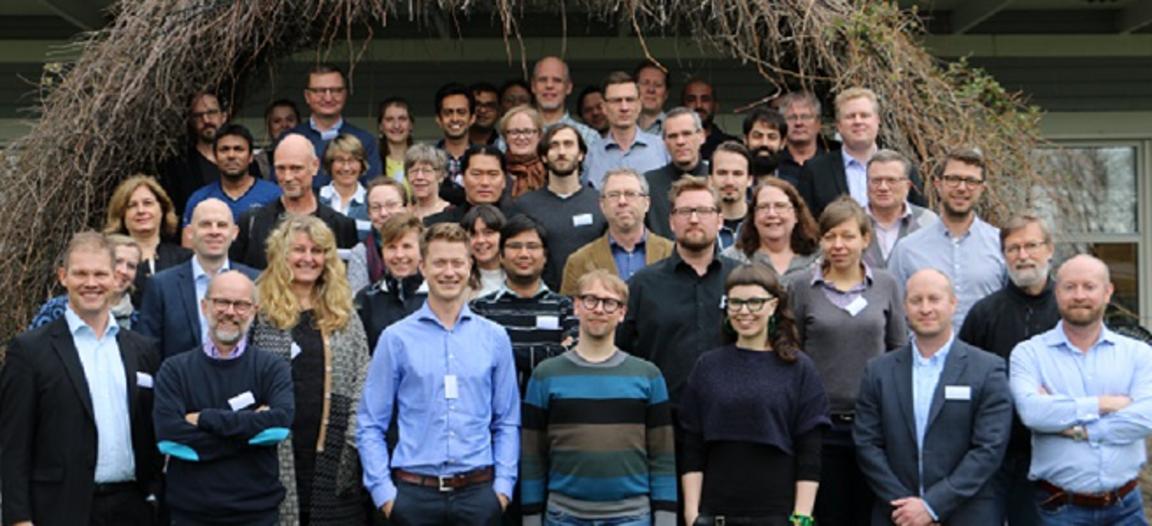Image

Photo: Arek Socha
Ask an expert
For journalists (and others) who would like to gain more information, we have listed a number of CARe associated experts, which have knowledge that covers a wide plethora of the societal problems that antibiotic resistance presents.
